15 Most Shocking Food Recalls in American History
In the intricate web of the food supply chain, safety is paramount. Yet, despite rigorous regulations and quality checks, food recalls are an inevitable reality. When a recall hits, it not only disrupts the market but also shakes consumer trust to its core. This article delves into the most shocking food recalls in American history, examining how these incidents unfolded, the impact they had, and the lessons learned. Food recalls often stem from contamination, mislabeling, or the presence of allergens, each posing serious health risks. The following sections will explore each case, providing insights into the complexities of food safety and the profound effects these recalls have had on both the industry and the public consciousness.
1. The Peanut Corporation of America Scandal
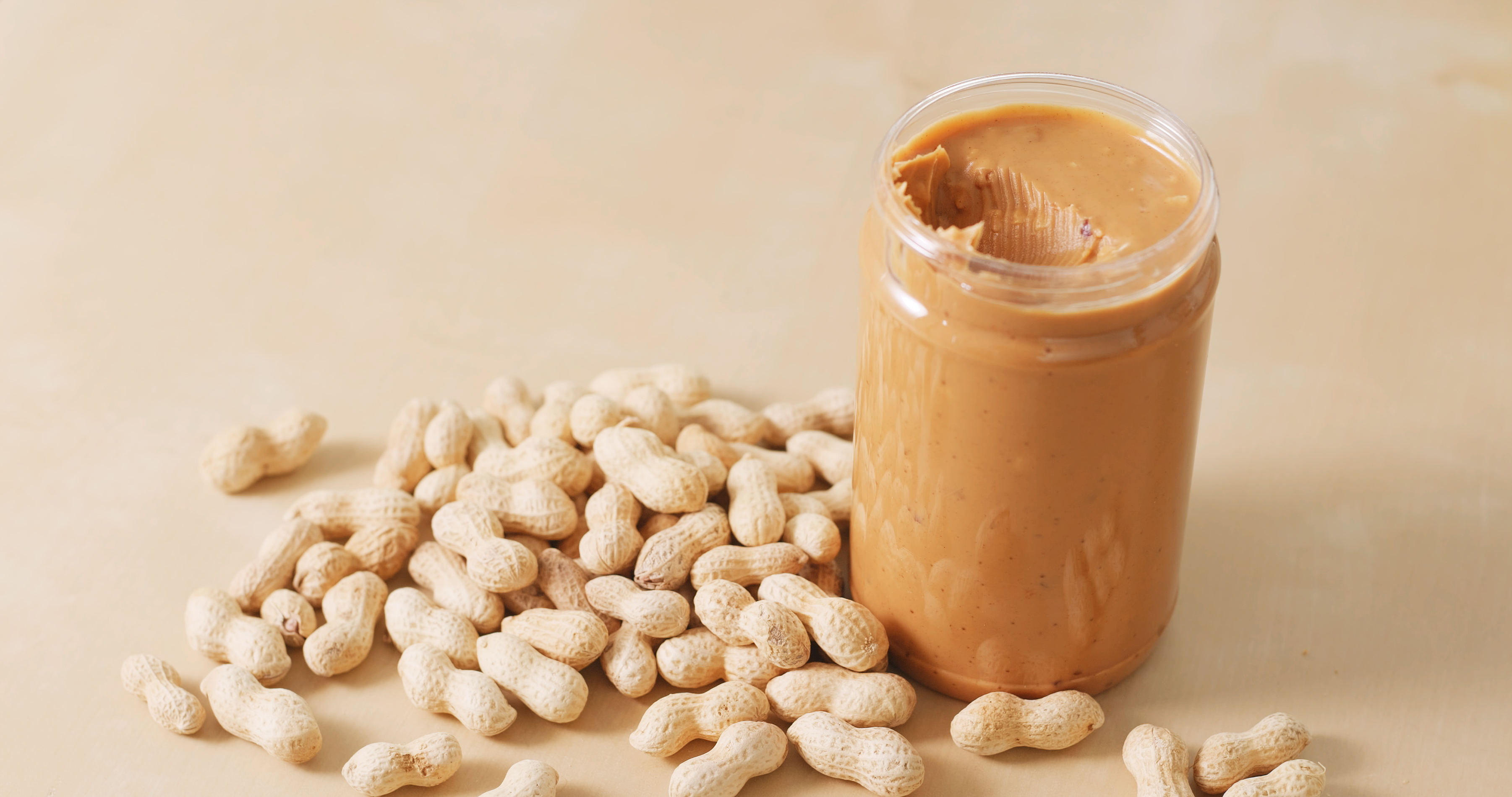
In 2009, the Peanut Corporation of America (PCA) was at the center of a massive recall that sent shockwaves across the nation. It was discovered that PCA had knowingly shipped contaminated peanut products, resulting in a salmonella outbreak. This scandal led to over 700 reported illnesses and at least nine deaths, prompting one of the largest food recalls in U.S. history. The incident exposed significant gaps in the regulatory oversight of food processing plants and led to a public outcry for stricter food safety laws. The PCA scandal underscored the importance of transparency and accountability in the food industry and served as a catalyst for the Food Safety Modernization Act.
2. The Blue Bell Ice Cream Listeria Outbreak
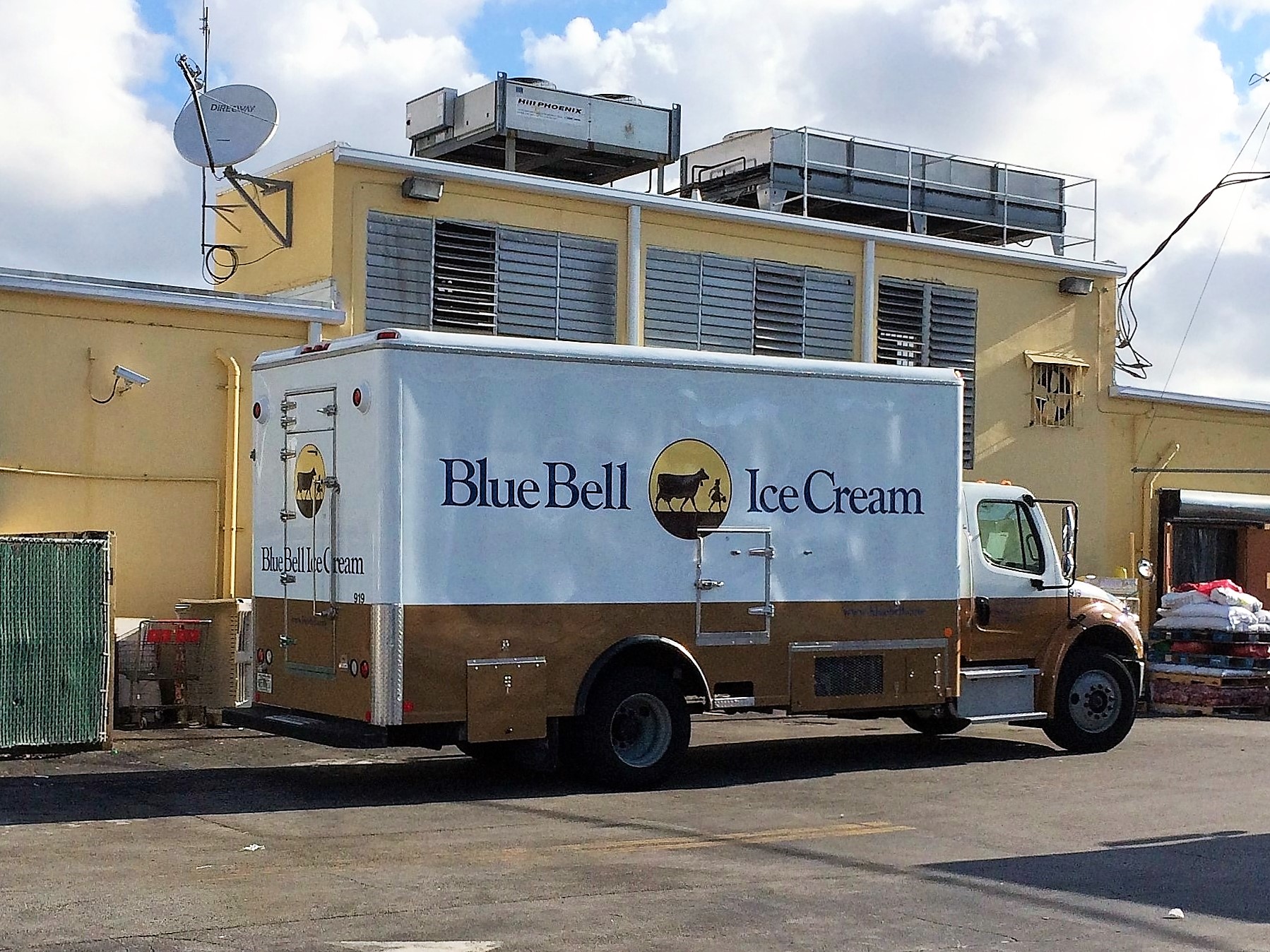
In 2015, Blue Bell Creameries faced a devastating recall after listeria was found in its ice cream products. The outbreak resulted in three deaths and several illnesses, leading to the first-ever recall in the company's century-long history. The contamination was traced back to unsanitary conditions in the production facilities. This recall highlighted the critical need for stringent hygiene practices in food manufacturing and spurred a nationwide discussion about the responsibilities of food companies to ensure consumer safety. Blue Bell's response, though initially criticized for its slowness, eventually set a precedent for how companies should handle such crises.
3. The Jack in the Box E. coli Crisis
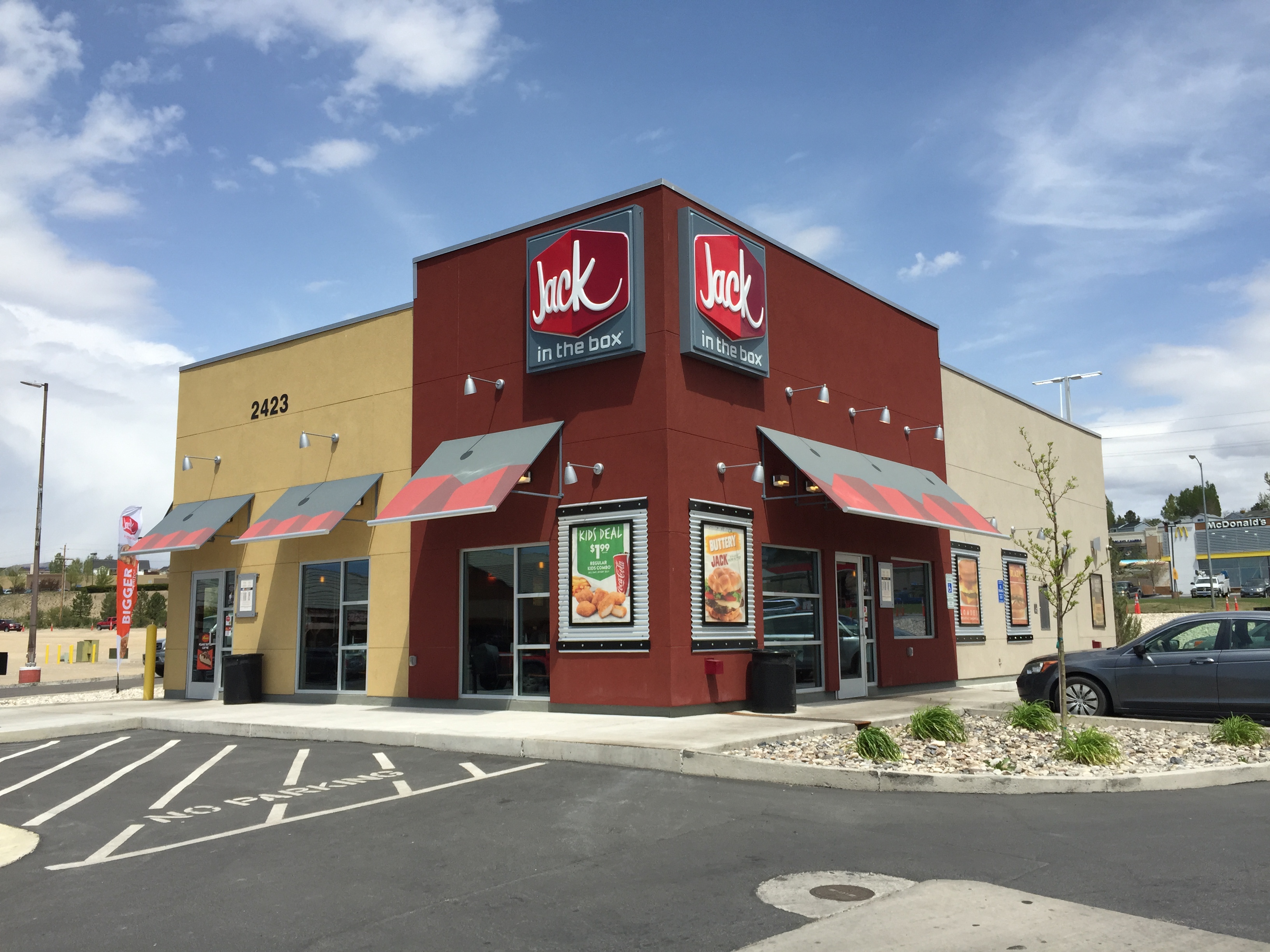
The 1993 Jack in the Box E. coli outbreak is one of the most infamous foodborne illness cases in American history. The outbreak, caused by undercooked beef patties, resulted in four deaths and over 700 illnesses, many of which affected children. This crisis led to significant changes in food safety protocols, particularly concerning the cooking and handling of ground beef. It also prompted the U.S. Department of Agriculture (USDA) to declare E. coli a contaminant, leading to stricter regulations. The Jack in the Box incident remains a pivotal moment in the history of food safety, illustrating the dire consequences of inadequate food handling practices.
4. The Chipotle Mexican Grill Norovirus and E. coli Scare
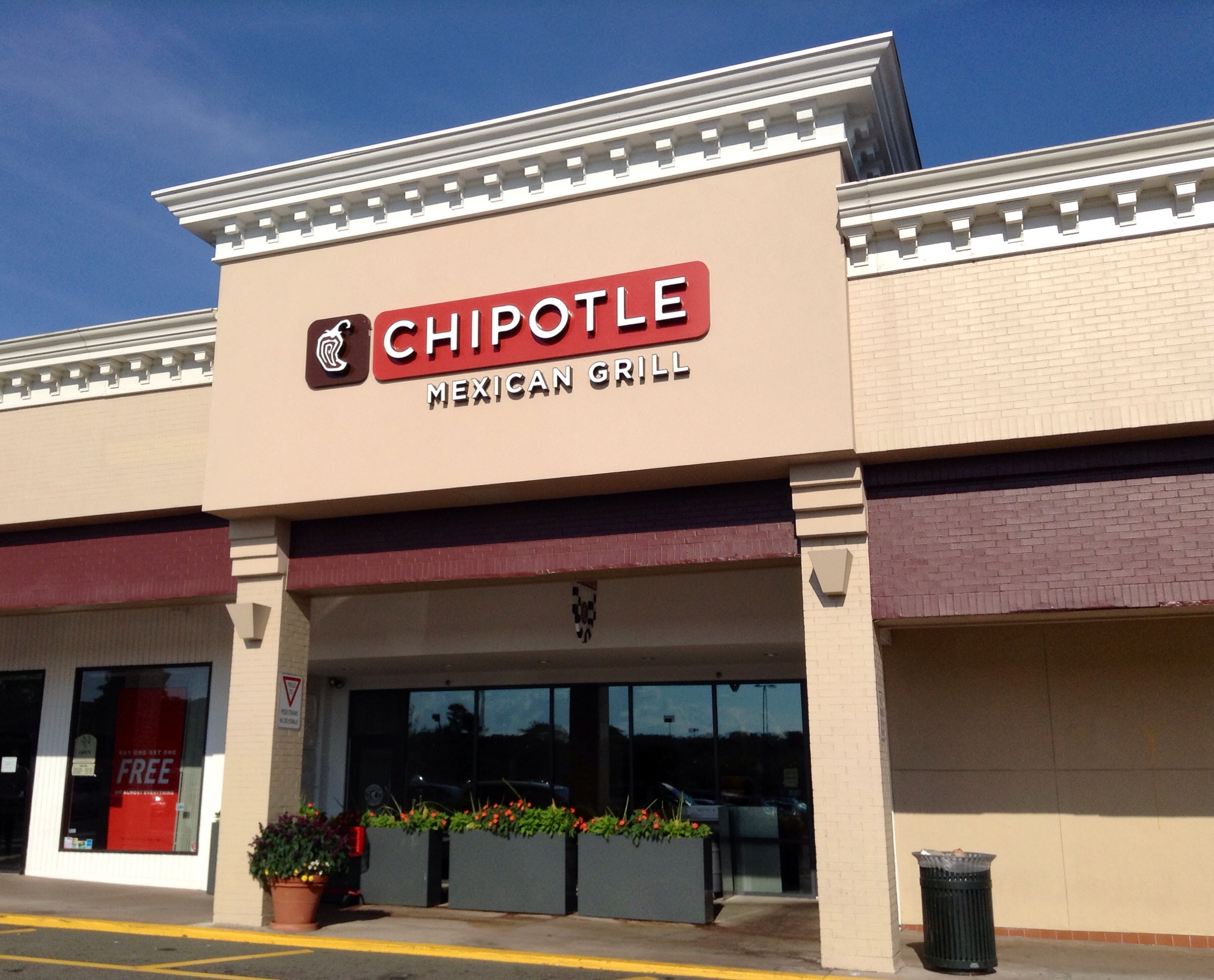
Between 2015 and 2016, Chipotle Mexican Grill was embroiled in a series of foodborne illness outbreaks, including norovirus, E. coli, and salmonella. These outbreaks affected hundreds of customers across multiple states and severely damaged the company's reputation. Chipotle's response involved a complete overhaul of its food safety protocols, including ingredient sourcing and preparation processes. The incidents at Chipotle served as a wake-up call for the fast-casual dining industry, emphasizing the need for rigorous food safety measures and crisis management strategies. The company's recovery efforts have since been studied as a case of crisis resolution and brand rehabilitation.
5. The Cargill Ground Turkey Recall

In 2011, Cargill, one of the largest privately held corporations in the U.S., recalled 36 million pounds of ground turkey due to a salmonella outbreak. This recall was one of the largest meat recalls in U.S. history and highlighted the challenges of ensuring safety in large-scale meat processing operations. The outbreak resulted in one death and 136 illnesses, sparking a debate about the effectiveness of current food safety regulations. The Cargill recall underscored the importance of pathogen testing and the need for improved tracking systems within the meat industry to prevent future outbreaks.
6. The Foster Farms Salmonella Outbreak

Foster Farms, a major poultry producer, was linked to a salmonella outbreak in 2013 that sickened over 600 people. The outbreak persisted for over a year, largely due to the antibiotic-resistant strain of salmonella involved. This recall brought attention to the issue of antibiotic use in livestock and its contribution to resistant strains of bacteria. The Foster Farms case prompted discussions about the role of antibiotics in agriculture and the need for more robust food safety practices to protect public health. It also led to increased scrutiny of poultry processing standards and practices.
7. The Nestlé Toll House Cookie Dough Recall

In 2009, Nestlé USA recalled its Toll House refrigerated cookie dough after an E. coli outbreak was linked to the product. The recall involved millions of units and affected consumers nationwide. The outbreak resulted in several hospitalizations, highlighting the risks associated with consuming raw cookie dough. This incident prompted Nestlé to reevaluate its production processes and implement more stringent safety measures. The Toll House recall also raised awareness about the potential dangers of raw food consumption and led to increased consumer education efforts regarding food safety.
8. The ConAgra Foods Pot Pie Recall

ConAgra Foods faced a significant recall in 2007 when its Banquet and store brand pot pies were linked to a salmonella outbreak. The recall affected millions of products and was associated with over 400 illnesses. The outbreak was traced back to contaminated ingredients and inadequate cooking instructions on the packaging. This incident underscored the importance of clear and accurate labeling, as well as the need for thorough cooking instructions to ensure consumer safety. The ConAgra recall led to industry-wide changes in labeling practices and highlighted the critical role of consumer education in preventing foodborne illnesses.
9. The Topps Meat Company E. coli Recall
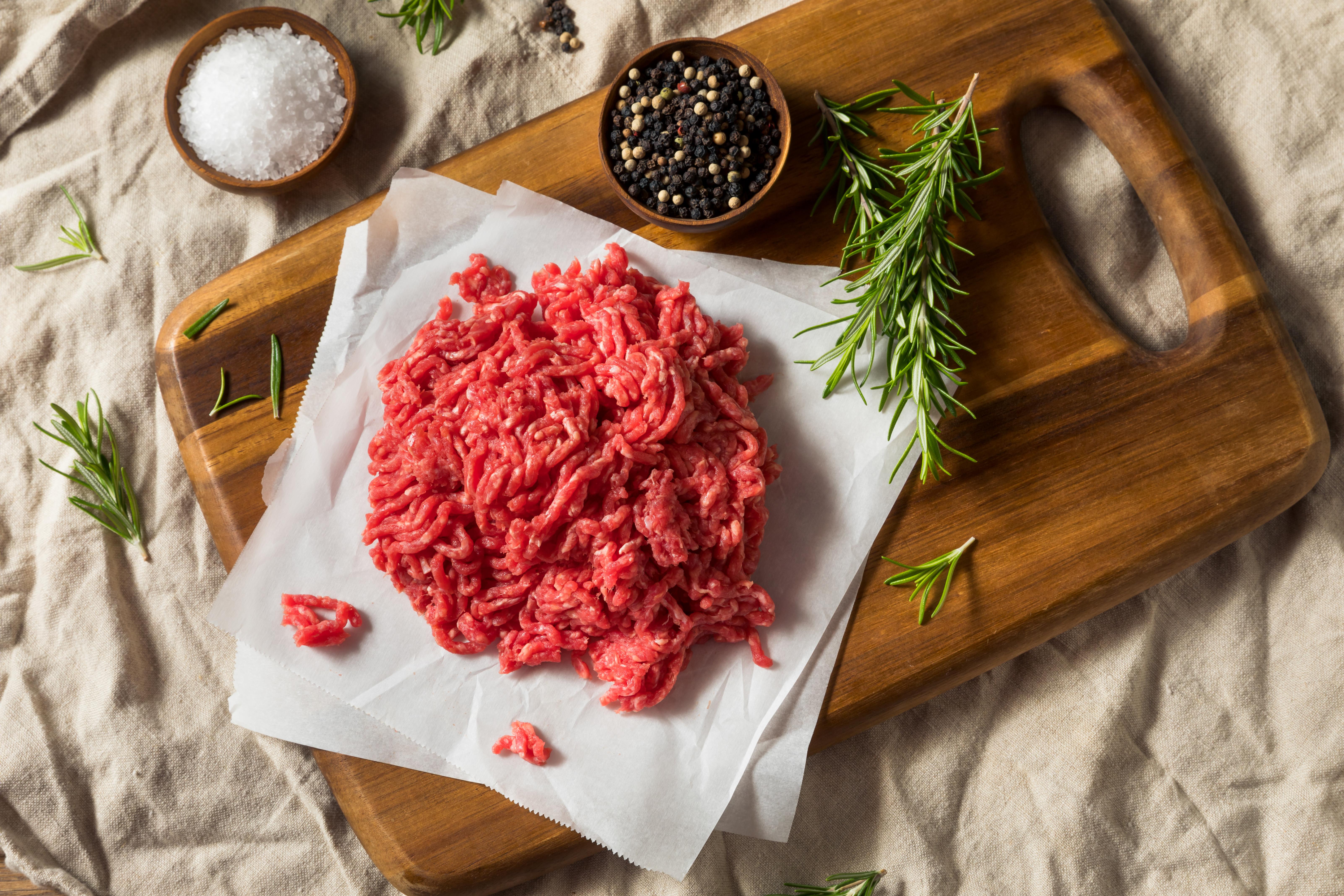
In 2007, Topps Meat Company issued a recall of 21.7 million pounds of ground beef due to E. coli contamination. This recall was one of the largest beef recalls in U.S. history and resulted in several illnesses. The outbreak was attributed to inadequate safety measures and testing protocols at the processing plant. The Topps recall prompted a reevaluation of food safety practices within the beef industry and led to increased regulatory oversight. It also highlighted the importance of traceability in the food supply chain to quickly identify and address contamination sources.
10. The Pilgrim’s Pride Listeria Recall
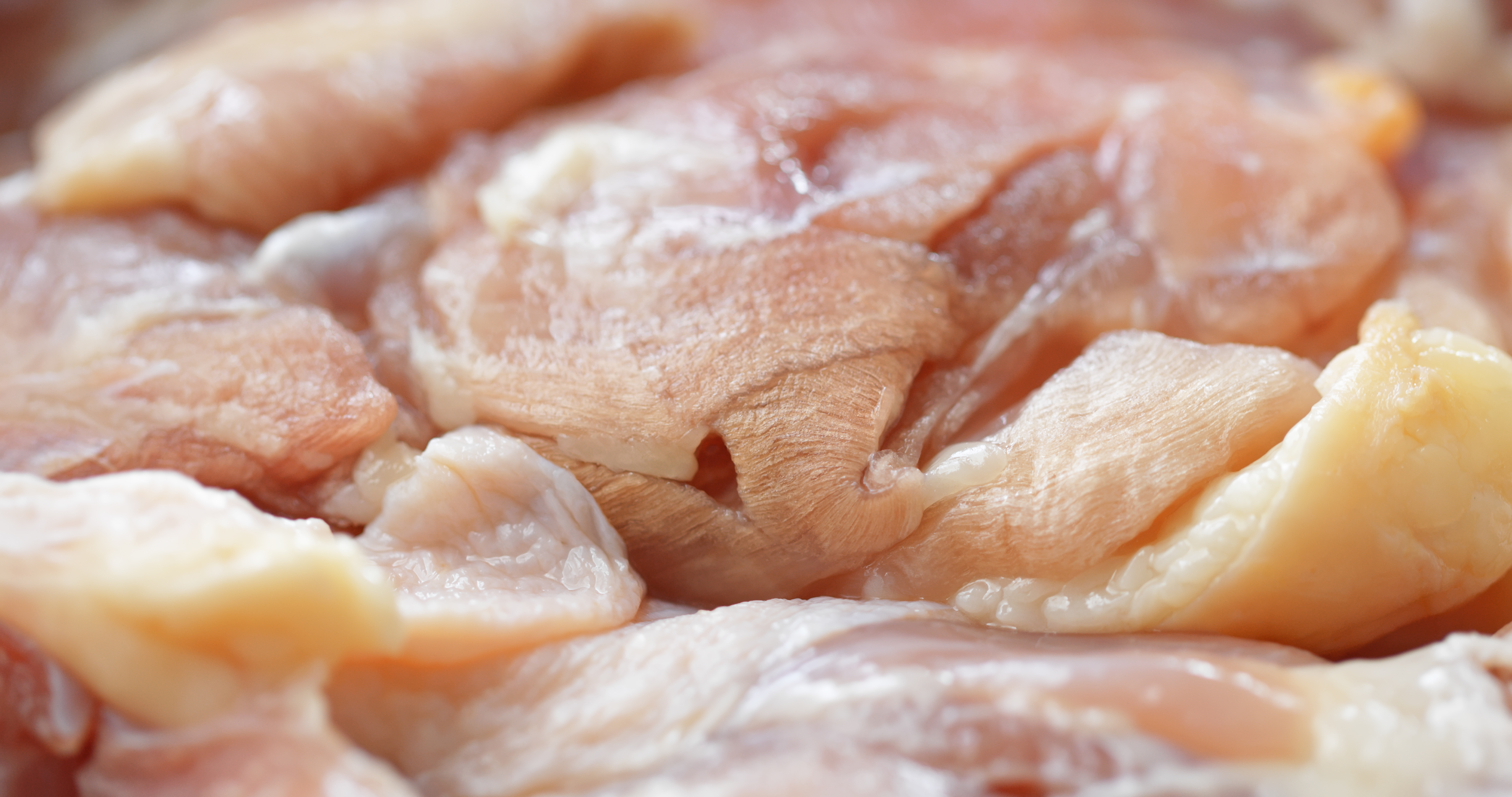
In 2002, Pilgrim's Pride, one of the largest chicken producers in the U.S., recalled 27.4 million pounds of ready-to-eat chicken and turkey products due to listeria contamination. The outbreak resulted in several deaths and numerous illnesses, making it one of the deadliest listeria outbreaks in U.S. history. This recall brought attention to the vulnerabilities in the processing of ready-to-eat foods and the need for stringent hygiene practices. The Pilgrim's Pride case led to significant changes in food safety regulations and increased awareness about the dangers of listeria, particularly for vulnerable populations.
11. The Odwalla Juice E. coli Outbreak
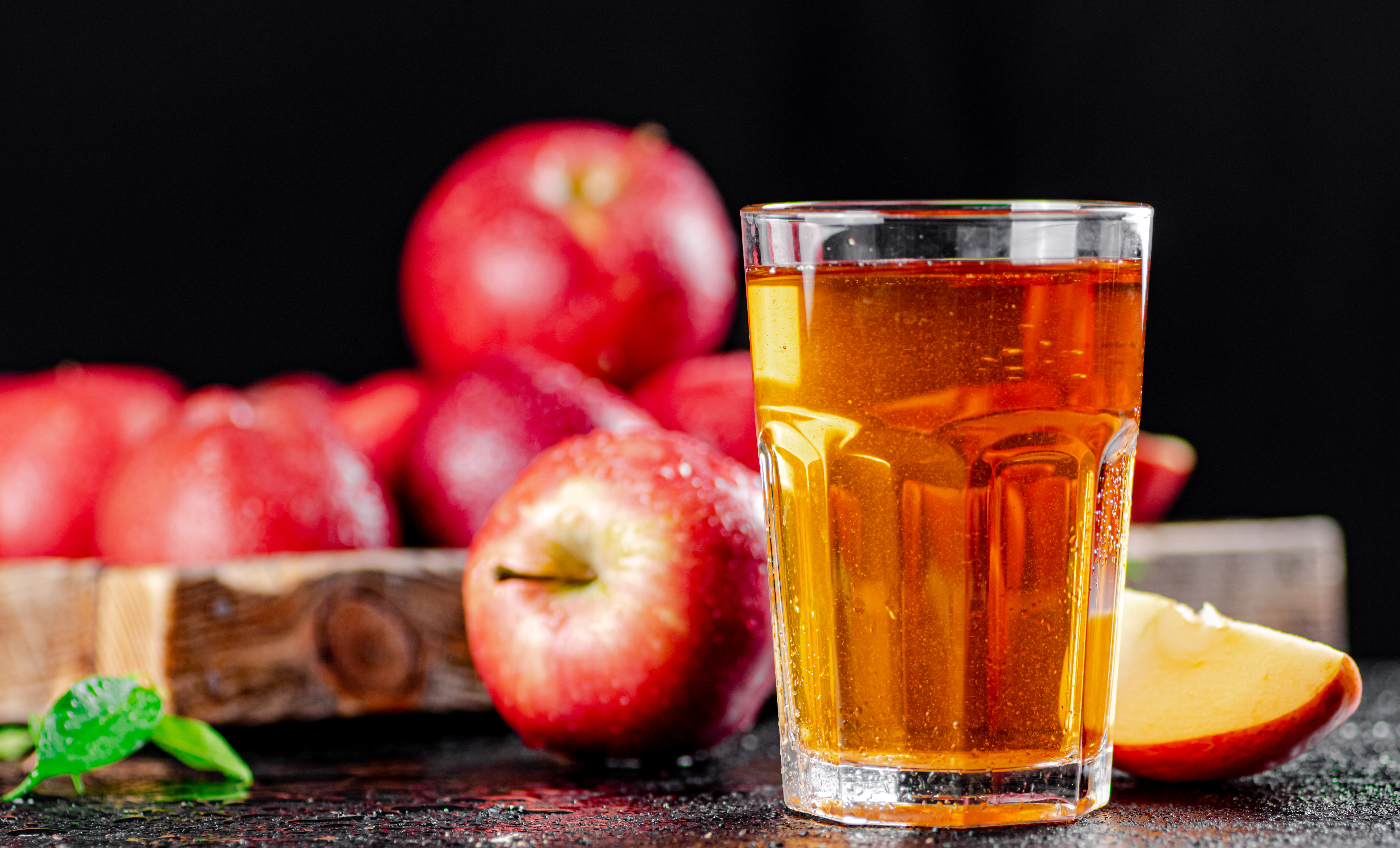
In 1996, Odwalla, a producer of unpasteurized fruit juices, faced a major recall after an E. coli outbreak was linked to its apple juice products. The outbreak resulted in one death and numerous illnesses, primarily affecting children. This recall highlighted the risks associated with unpasteurized products and led to increased scrutiny of juice production practices. The Odwalla incident prompted changes in industry standards, including the implementation of pasteurization requirements for juice products. It also raised public awareness about the potential dangers of consuming unpasteurized foods and the importance of food safety regulations.
12. The Sara Lee Listeria Recall

In 1998, Sara Lee Corporation recalled 35 million pounds of hot dogs and deli meats due to listeria contamination. The outbreak resulted in 21 deaths and numerous illnesses, making it one of the deadliest foodborne illness outbreaks in U.S. history. The recall was a wake-up call for the food industry, highlighting the need for stringent safety measures in the production and handling of ready-to-eat foods. The Sara Lee case prompted significant changes in food safety regulations and increased awareness about the dangers of listeria, particularly for pregnant women and other vulnerable populations.
13. The Wright County Egg Salmonella Outbreak

In 2010, Wright County Egg was linked to a salmonella outbreak that resulted in the recall of over half a billion eggs. The outbreak sickened thousands of people and was traced back to unsanitary conditions at the company's farms. This recall highlighted the vulnerabilities in the egg production industry and the need for rigorous safety standards. The Wright County Egg case led to increased regulatory oversight and changes in egg safety practices, including the implementation of the FDA Egg Safety Rule. It also raised public awareness about the importance of proper egg handling and cooking to prevent foodborne illnesses.
14. The Jensen Farms Cantaloupe Listeria Outbreak

In 2011, Jensen Farms' cantaloupes were linked to a listeria outbreak that resulted in 33 deaths and over 140 illnesses, making it one of the deadliest foodborne illness outbreaks in U.S. history. The outbreak was traced back to unsanitary conditions at the farm and inadequate safety measures. This recall underscored the importance of food safety practices in the produce industry and led to increased scrutiny of cantaloupe production. The Jensen Farms case prompted changes in industry standards and regulations, highlighting the critical need for rigorous safety measures to protect public health.
15. The Menu Foods Pet Food Recall

In 2007, Menu Foods, a major pet food manufacturer, recalled over 60 million containers of pet food due to contamination with melamine, a chemical used in plastics. The contamination resulted in the deaths of numerous pets and sparked widespread concern among pet owners. This recall highlighted the vulnerabilities in the pet food supply chain and the need for stringent safety measures. The Menu Foods case led to increased regulatory oversight of the pet food industry and raised awareness about the importance of food safety for both humans and animals. It also prompted changes in industry standards and practices to prevent future incidents.
Lessons Learned and the Future of Food Safety

The food recalls discussed in this article illustrate the profound impact that foodborne illness outbreaks can have on public health, consumer trust, and the food industry. Each recall serves as a reminder of the importance of rigorous safety measures, transparency, and accountability in the food supply chain. The lessons learned from these incidents have led to significant changes in food safety regulations and industry practices, helping to prevent future outbreaks. As the food industry continues to evolve, it is essential to remain vigilant and proactive in addressing potential risks. By prioritizing food safety and fostering a culture of continuous improvement, we can protect public health and ensure the integrity of our food supply.
